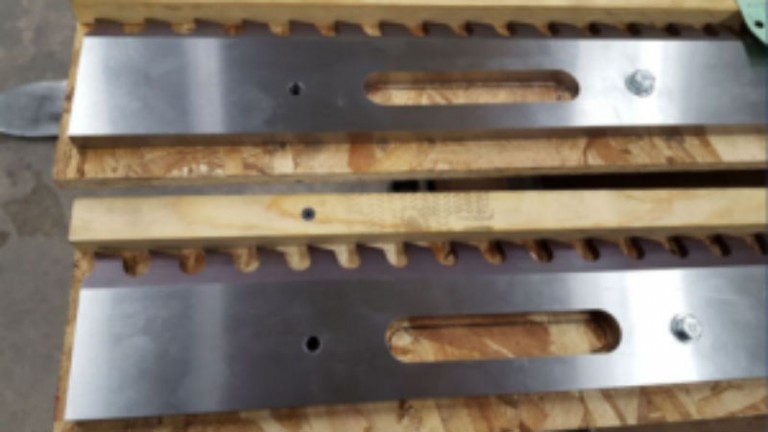Machine shops perform a variety of work for both large and small industrial concerns. Among the many pieces of equipment, they operate, are milling machines. These are cutters. They slice through the material to produce simple shapes or complex components with tight tolerances. One type, designed to handle a specific task is a 3D milling machine. However, like any other type of machine, it requires the right tools to produce optimal work.
Cutters
Milling is the removal of material. It involves the use of milling cutters – tools that make the process easier, faster and more efficient without negatively affecting the quality of the result. Any sensible machine shop realizes the importance of selecting the right tools for the job. They make the optimum investment in the right equipment to ensure the best machine tools are available for their machinists.
The selection of cutters for this particular process is more complex than for other cutting machines. It is important to consider three variables, common to all milling remains:
Workpiece material
The tool size
Horsepower of the equipment
Fixturing
Rigidity
Design elements of the component
The specific application of the tool for this process must also remain in the forefront.
3D Milling Cutters
Within these parameters, the following cutting tools emerge as being very effective:
Ball Nose Cutters: These versatile tools reduce the amount of waviness in surface work. Of all the tools, these are the most versatile for high-speed machining. They also allow the tool to produce a higher depth of cut. Overall, ball nose cutters achieve an impressive material removal rate over other types of tools
Square-End Tools: Applicable when square corners need not be cut. Amore effective cutter in such situations is a square-end tool with a corner radius. It can address corners without speed reduction
Toroid Cutters: Can easily rough cavities, cores, and pockets or finish off flat surfaces
All such tools – with proper application, abet the machinist in the 3D milling process.








